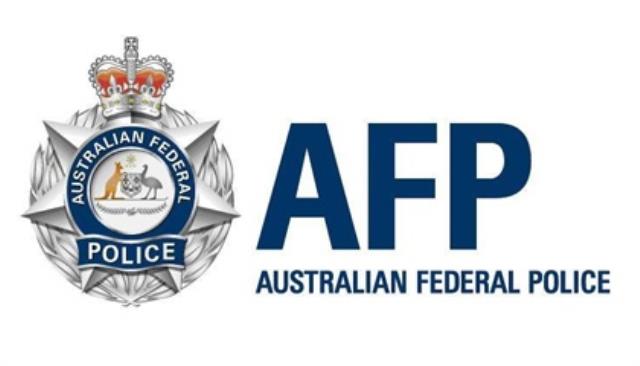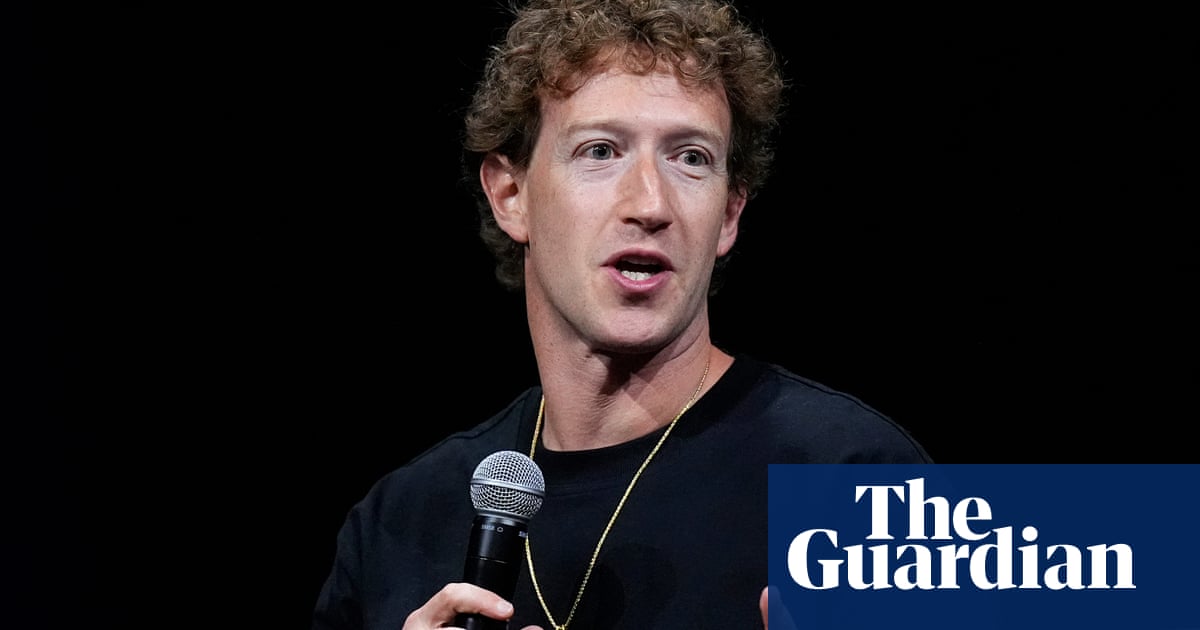Social media companies could be fined for not cracking down on misinformation under new bill

- by Admin
- September 11, 2024
The federal government will introduce a bill on Thursday that would grant Australia’s media watchdog greater powers to pressure tech companies to crack down on misinformation and disinformation on their platforms.
Under the changes, the Australian Communications and Media Authority (ACMA) would have additional information-gathering, record-keeping, code registration and standard-making powers that would allow them to ensure social media platforms are meeting their obligations.
If the platforms do not comply, they could be slapped with a range of penalties, including a maximum fine of 5 per cent of their global revenue.
The proposed legislation has been reworked since the draft bill was released last year, with initial exemptions for government content and politically-authorised material scrapped.
Minister for Communications Michelle Rowland told the ABC that for something to be deemed misinformation and disinformation under the laws, it would have to both be “seriously harmful and verifiably false”.
“It is a very high threshold for what constitutes serious harm,” she said.
Ms Rowland said the disinformation spread in the wake of the Bondi stabbing attack earlier this year would fall under the proposed changes because it was “of a kind that was seriously harmful”.
Some social media companies are already subject to a voluntary code. (Unsplash: Rami Al-zayat)
The laws would also cover content that urges people against taking preventive health measures like vaccines, she said, or that could encourage threats to critical infrastructure, like communication towers.
“We are also talking about harms to democracy and we know that disinformation in particular, when spread by rogue states or foreign actors, has the potential to undermine our democracy,” she said.
The government hopes it will be able to pass the bill into law before the end of the year.
Laws not about individual posts
The laws will not grant any powers to ACMA or the government to take down individual posts, according to Ms Rowland, who said they were “purely a systems approach”.
“This is not about individual pieces of content, it’s not about the regulator being able to act on those, it’s about the platforms doing what they said they’ll do.”
Some social media companies are already subject to a voluntary code, but Ms Rowland said it was inadequate, partly because there was no enforcement mechanism.
While there would be a “graduated approach” to issuing fines, she said there “needs to be a strong deterrence in the form of high penalties”.
“The platforms are not passive purveyors of content, they are curators of content,” Ms Rowland said.
“[The bill] actually goes to the systems and processes of the platforms and says they need to have methods in place to be able to identify and do something about it.”
When the draft bill was released early last year, it was met with criticism from both sides, including from the Australian Human Rights Commissioner, who took issue with how key terms were defined, the “low” threshold for “harm” and placing the power to determine what is censored content with one body.
The opposition also opposed the draft bill, raising concerns about government overreach.
Ms Rowland this week denied that the laws would hinder freedom of speech.
“We’ve been very clear as a government to take strong advice around this and to consult widely and to ensure that it aligns precisely with what we have under international law so as not to curb freedom of speech,” she said.
The shadow minister for communications, David Coleman, on Thursday said the opposition was yet to see the updated bill but that the previously released draft legislation was “grotesque”.
“It was one of the most appalling pieces of legislation ever put forward by an Australian government,” he told ABC’s Afternoon Briefing.
“Let’s see what they come out with, but if it’s anything like the last one, then it will have a lot of problems.”
The government will refer the proposed legislation to a committee for examination.
The Latest News
-
December 21, 2024Coco Gauff declared one of the favourites to win Australian Open
-
December 21, 2024From delays to refunds: how Australia’s air passenger charter could affect your travel rights
-
December 21, 2024‘Dream come true’: Emotional Test bolter on shock call-up and classy act from man he replaced
-
December 21, 2024‘Got this wrong’: Former skipper criticises selectors’ call
-
December 21, 2024The Kings horse Gilded Water wins at Randwick races





